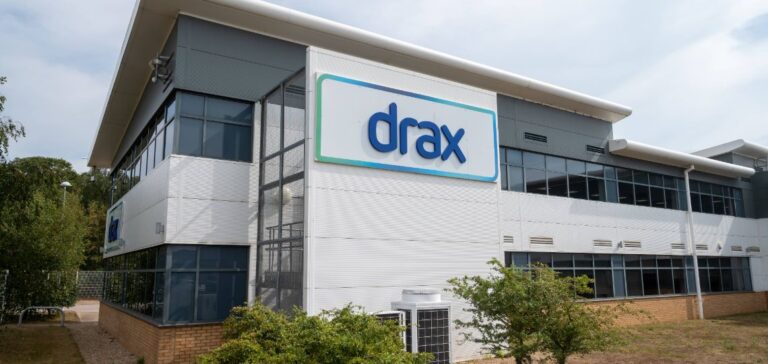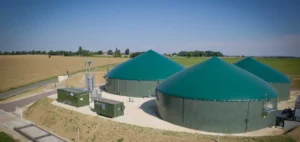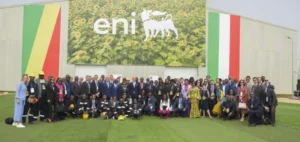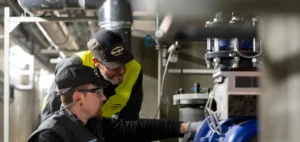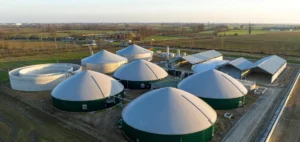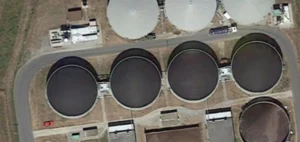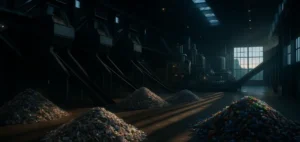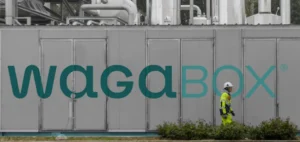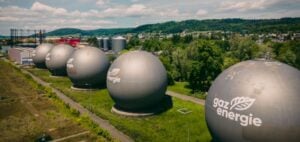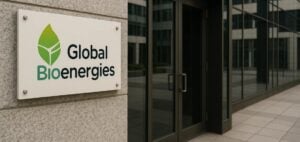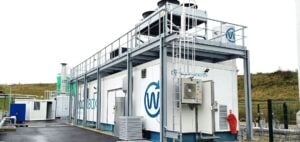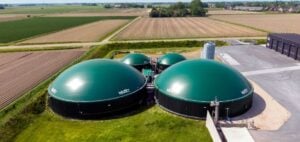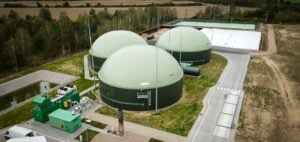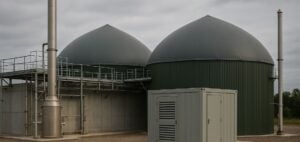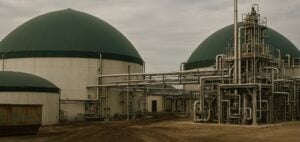The UK government has decided to lower public funding allocated to Drax, the country’s leading renewable energy producer, by reducing biomass subsidies by half for the 2027-2031 period. This contractual revision aims to optimize costs for consumers and strengthen sustainability requirements for supply chains.
Stricter Framework for Biomass Supply
Under this new agreement, Drax must ensure that 100% of the biomass used comes from sources deemed sustainable, up from the previous 70%. Additionally, subsidies will no longer cover materials sourced from primary and ancient forests, a measure accompanied by penalties for non-compliance with these new standards.
These adjustments come amid increasing pressure on energy producers to improve supply chain traceability and meet regulatory expectations for carbon neutrality.
A Reduced Role in the Energy Mix
Drax will also have to scale down its operations, limiting its capacity factor to 27%, a significant reduction from current levels. This restriction aims to ensure that biomass-generated electricity is used only when deemed necessary for grid stability.
This measure is expected to reduce costs by approximately £170 million per year for consumers, a key argument for the government in justifying this reform.
A Balance Between Energy Security and Costs
Will Gardiner, CEO of Drax, sees this agreement as a strong commitment to the UK’s energy security while meeting budgetary constraints. However, some energy market observers point out that reducing subsidies could alter the financial equilibrium of the biomass sector.
Drax, which supplies about 6% of the UK’s electricity, has largely benefited from government subsidies to transition its operations from coal to biomass. This shift is part of a broader energy transition strategy, although the economic and environmental viability of biomass remains a topic of debate within the industry.

